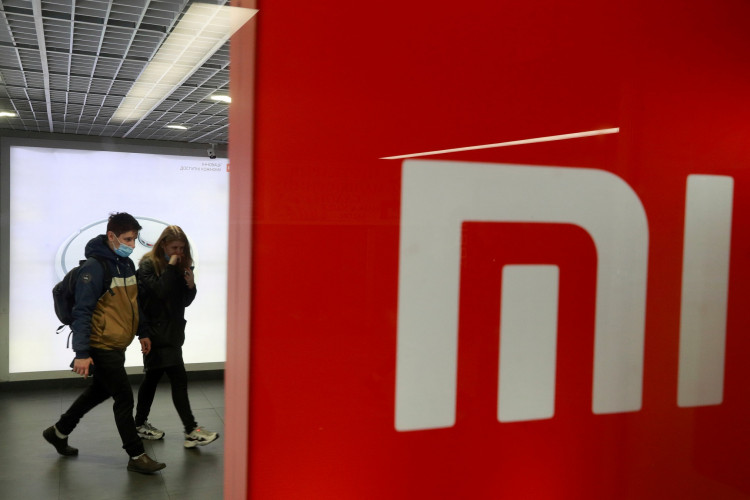Xiaomi, the Chinese technology conglomerate best known for its smartphones, is making a bold entry into the electric vehicle (EV) sector with the launch of its first model, the SU7, on March 28. This move comes as the company seeks to diversify its product lineup and tap into the world's largest auto market, which is currently experiencing a fierce price competition among manufacturers.
The SU7, which was first unveiled in December, is set to be delivered immediately upon its launch, according to a social media announcement by Xiaomi. This strategy places Xiaomi's electric car directly in the premium segment of the market, with deliveries expected to begin as early as the second quarter, as stated by Xiaomi President Weibing Lu.
Despite Xiaomi's ambitious plans to become one of the world's top five automakers, as articulated by Chief Executive Lei Jun, the company is initially focusing on the Chinese market. International expansion is on the horizon, but it is anticipated to take at least another two to three years before Xiaomi's vehicles are available overseas.
The EV market in China has been characterized by rapid growth and intense competition, with sales climbing 18% in the first two months of the year alone. Market leader BYD has initiated a series of price cuts to attract consumers amidst weakening domestic demand, prompting other manufacturers, including Tesla, to follow suit.
Xiaomi's foray into the EV market is not just about the vehicle itself but also about the integration of its "super electric motor" technology, which promises acceleration speeds surpassing those of Tesla and Porsche's EVs. The SU7 is expected to appeal to Xiaomi's existing customer base, given its shared operating system with the company's popular smartphones and electronic devices.
The production of Xiaomi's cars will be carried out by a unit of the state-owned BAIC Group at a Beijing factory with an annual capacity of 200,000 vehicles. Xiaomi's commitment to the automotive industry is underscored by its pledge to invest $10 billion in autos over the next decade, positioning itself as a significant player in the EV market.
Xiaomi's entry into the electric car market is particularly noteworthy given the regulatory environment in China, where authorities have been cautious about granting approvals to new entrants to avoid exacerbating the supply glut. However, Xiaomi's approval signifies the government's recognition of the company's potential to contribute to the industry's growth.
As the launch date approaches, Xiaomi's shares have experienced a surge, reflecting investor optimism about the company's new venture. The introduction of the SU7 not only marks Xiaomi's expansion into new territory but also signals a potential shift in the dynamics of the competitive EV market in China and beyond.






